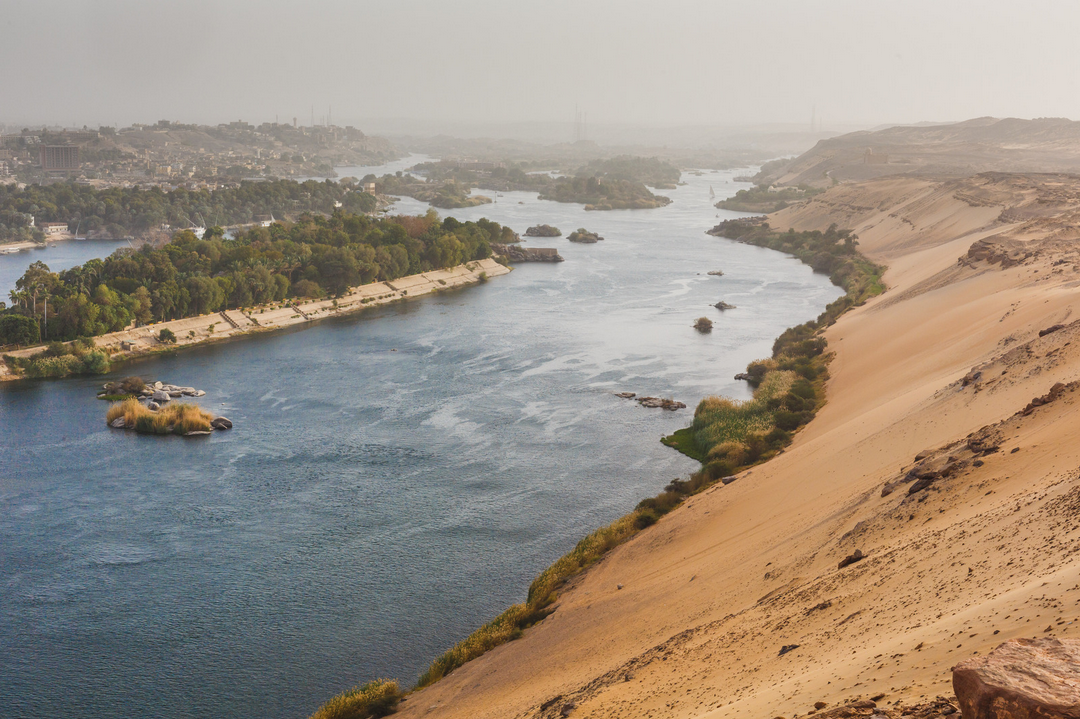China's increasing involvement in Egypt's strategic ports is evident through the participation of both private and state-owned Chinese companies in acquiring, developing, and operating Egyptian seaports and terminals.
This includes concessions of up to 38 years, with a state-owned Chinese company holding stakes in key ports at the northern and southern entrances of the Suez Canal. A private Chinese firm is also operating two strategic ports on Egypt's Mediterranean coast and developing a third at Abu Qir Naval Base. This aligns with China's broader investments in the Suez Canal Economic Zone, a crucial area for global trade.
Egypt, under President Abdel-Fattah el-Sisi, has strategically strengthened ties with China, marked by numerous bilateral agreements, a substantial increase in Chinese investments, and Egypt becoming China's fourth-largest global creditor. This relationship enables Egypt to diversify global partnerships and secure foreign direct investment without the conditionalities associated with Western funding. President Sisi's focus on mega-projects, including the upgrade of Egypt's ports, aims to position the country as a regional logistics hub, with a major overhaul of maritime infrastructure set for completion by 2024.

China's presence in Egypt's ports involves companies like Hutchison Ports, which has invested over $1.5 billion and collaborates with the Egyptian Navy to manage a container terminal at Abu Qir Naval Base. Other Chinese state-owned firms, including China Harbor Engineering Company Ltd. and COSCO Shipping Ports, hold stakes in vital Egyptian ports like East Port Said and Ain Sokhna, integral to the Suez Canal's traffic. China's interest in Egypt's ports is not only due to their economic significance but also their strategic location at the crossroads of Africa, Europe, and Asia.
However, concerns arise regarding the opacity of Sino-Egyptian agreements, with questions about the fairness of concession costs, the authority of Chinese operators, and the potential dominance of China in the Suez Canal Economic Zone. Furthermore, the blurred line between civilian and military aspects in China's global commercial ports raises dual-use concerns. Events like the docking of a Chinese warship in Alexandria and joint military exercises with Egypt underscore the potential intertwining of China's commercial port operations and military ambitions in the eastern Mediterranean.
Balancing economic opportunities with risks, Egypt needs transparent agreements, diverse partnerships, and strategic negotiations to ensure sovereignty and economic benefits. As Egypt aspires to become a maritime hub amid evolving global dynamics, achieving equilibrium becomes crucial.
Source: Middle East Institute





